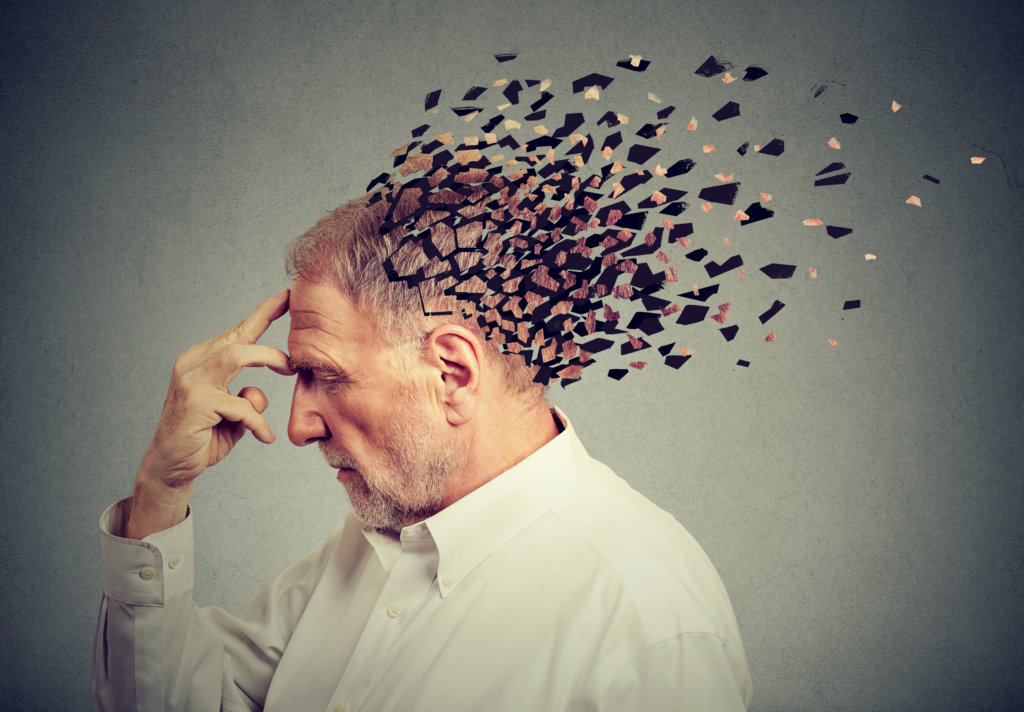Certain brainwave patterns appearing during sleep may help clinicians diagnose dementia and other conditions in the areas of memory, language, and thinking. Scientists say the recent discovery may further improve methods for automatic detection of brain wave patterns and correlation with cognitive function.
Sleep spindles, as brain wave patterns are also called, are bursts of brain activity happening during non-REM phases of sleep. These spindles can be assessed using electroencephalograms (EECs) by placing non-invasive electrodes along the scalp. Similarly to a fingerprint, sleep spindles are different from person to person, as well as highly heritable and typically consistent from night to night.
“With the rising burden of neurodegenerative disease, there is a pressing need for a sensitive biomarker of cognition,” says lead author Noor Adra, a clinical research coordinator at Massachusetts General Hospital, in a statement. “This has led to a surge of research examining sleep spindles, an oscillatory pattern of brain activity observed during sleep, and their role in various neuropsychiatric conditions and cognitive performance.”
Sleep spindles, along with other brain features, are considered a promising potential marker of neurodegenerative and psychiatric diseases. However, finding these spindles and assessing them is far from simple. This makes research identifying methods of detecting and observing these brain wave patterns highly valuable.
“People have already known that these transient high frequency events during sleep in the brain are closely linked to cognition, especially to learning and memory,” adds co-author Haoqi Sun, PhD, an investigator in the department of Neurology at the hospital. “But when you try to detect spindles among more than 100 sleep recordings, things become less clear—such as what is the best threshold, what is the best minimum duration, etc.”
Visual inspection of EEGs is the usual method for assessing sleep spindles, but looking toward the development of automated methods will deliver more consistent and reliable results. However, there is no current consensus establishing parameters for these methods.
In an effort to remove these barriers, researchers recruited 167 adults to participate in several sleep-related studies. The experiments were designed to observe how spindle detection parameter settings impact the relationship between spindle characteristics and cognition, and identified parameters correlated with cognitive performance.
Sleep spindles, they found, are most strongly associated with fluid intelligence. This kind of intelligence is based heavily in the problem-solving and abstract thinking skills that steeply decline in patients during the early stages of dementia.
“Therefore, our findings support sleep spindles as a sleep-based biomarker of fluid cognition,” says Adra. “By optimizing the detection of this proposed sleep-based biomarker of cognition, we hope to guide future studies that examine the sensitivity of this biomarker in neurodegenerative populations.”
“Sleep spindles are one among many important measurable features of brain activity during sleep that provide a window into the brain’s current state of health and individuals’ risk for developing brain disease or cognitive decline,” concludes co-senior author M. Brandon Westover, MD, PhD, an investigator in the department of Neurology at MGH and director of Data Science at the MGH McCance Center for Brain Health.
“Now that we better understand how to measure sleep spindles, we can add these into a growing arsenal of brain health indicators that can be measured during sleep,” he adds. “These indicators will be essential tools in our quest to develop treatments that can preserve and enhance brain health.”
This study is published in the journal Sleep.
Article written by Anna Landry












